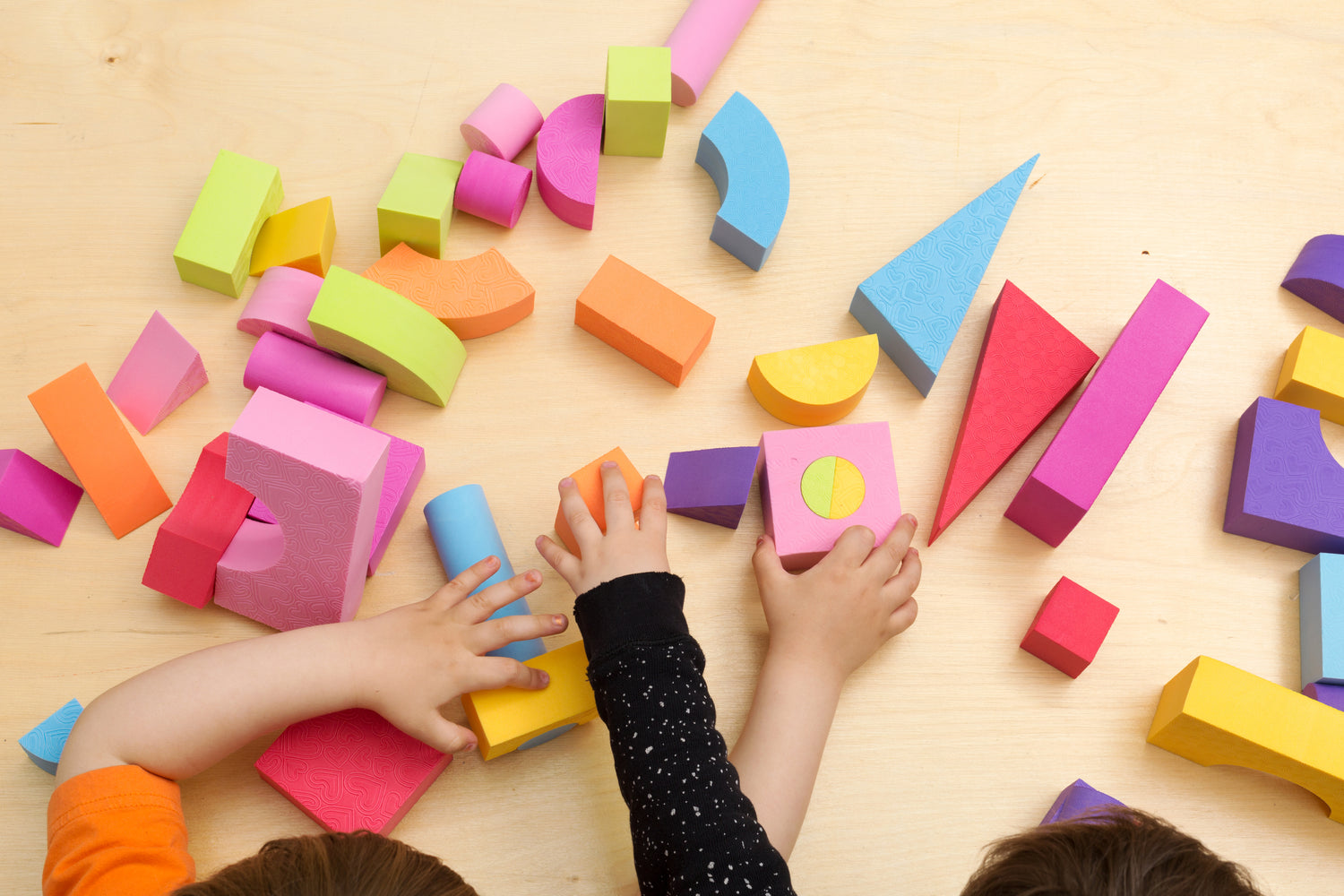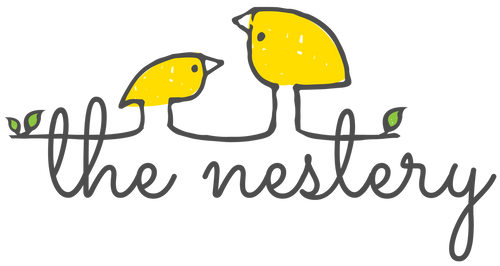
On a break...
Hello! Welcome to The Nestery. We are taking a break and figuring some things out.
Rest assured, your orders are in safe hands. Any orders placed till 13th June will be fulfilled. You can reach us at care@thenestery.in or Whatsapp (only) at +91 895 197 9362
